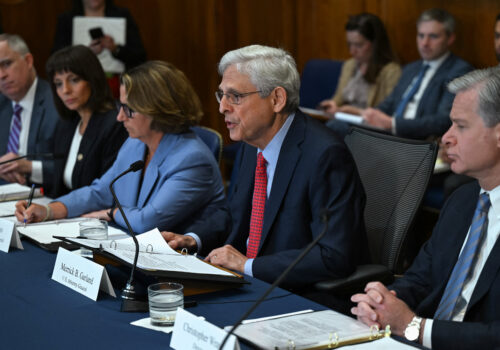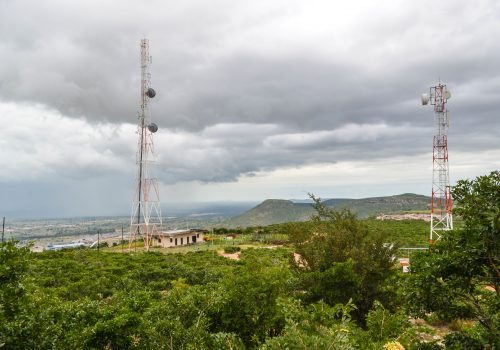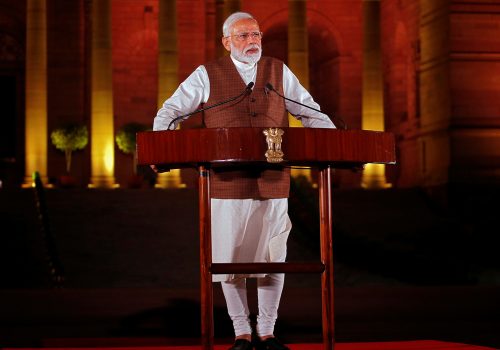Event recap | Indigenous data sovereignty: Opportunities and challenges
By
the GeoTech Center
On Thursday, October 22, the GeoTech Center hosted the fifth installment of the Data Salon Series in partnership with Accenture to discuss the challenges to achieving data sovereignty for indigenous communities. The panel featured Dr. Tahu Kukuthai, Professor of Population Studies and Demography at the University of Waikato, Dr. Ray Lovett, associate professor of Aboriginal and Torres Strait Islander Epidemiology for Policy and Practice at Australian National University, Dr. Desi Rodriguez-Lonebear, Assistant Professor of Sociology and American Indian Studies at UCLA, and Ms. Robyn Rowe, Research Associate and PhD Candidate at Laurentian University. GeoTech Center Director Dr. David Bray moderated the panel and the discussion that followed.


















